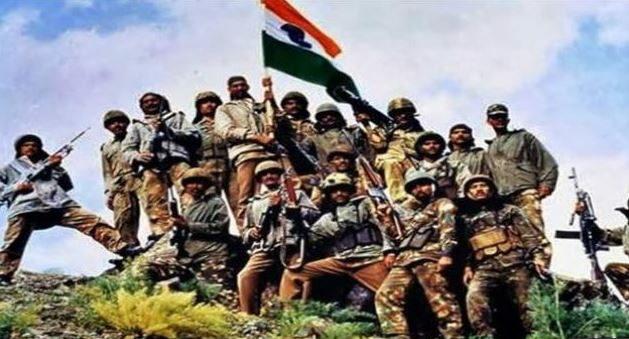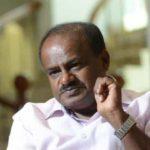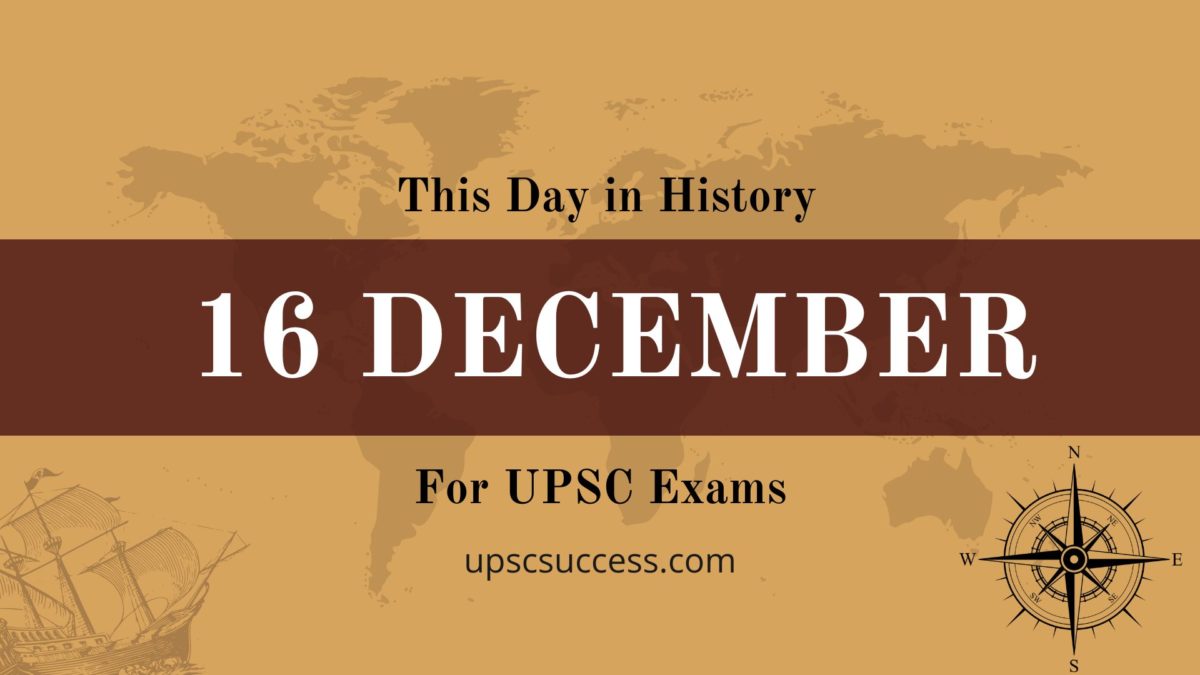Contents
This Day in History on 16 December
The historical events hold a lot of value for aspirants who are sitting for UPSC competitive exams including the IAS Exam.
On this page, we will list all historical events that occurred on 16 December. The students can refer to them while preparing for all competitive exams and banking exams.
Important Days

Victory Day (India)
Important Events
1515: Affonso de Albuquerque, who is regarded as the real founder of Portuguese power in India, died at the age of 73 years.
1631: A volcanic eruption on Mount Vesuvius in Italy destroys six villages, killing more than 4,000 people.
1707: Mount Fuji in Japan erupted for the last time.
1773: American Revolution – Boston Tea Party.
1854: India’s first engineering college was established in Pune.
1862: Nepal adopted the constitution.
1903: The Taj Mahal Palace Hotel in Mumbai opened to customers.
1921: Calcutta Electric Supply Corporation started tunnel construction under Hoogly river.
1922: Parvati Devi, orator, was arrested for delivering revolutionary speeches in meetings at Hapud and Merrut. She was the first Indian women to get two years long imprisionment during the freedom struggle.
1927: Australia’s great batsman Sir Don Bradman began his first-class cricket career with a match between New South Wales and South Australia.
1946: Thailand joined the United Nations.
1951: The Salar Jung Museum was established in Hyderabad.
1952: Sri Ramalu Potiu sacrificed his life for the demand of seperate Andhra Pradesh state for the Telugu- speaking people.
1971: Bangladesh seceded from Pakistan after India and Pakistan agree to a ceasefire. Commemorated every 16th December in India and Bangladesh, to observe India’s victory over Pakistan in War
1985: Experimental First Breeder Reactor at Indira Gandhi Atomic Research Center at Kalpakkam dedicated to the nation.
1991: Kazakhstan became an independent state after splitting from the former Soviet Union (USSR).
2006: Astronaut Sunita Williams went out of space with a companion and repaired the electrical system in 7 hours and 31 minutes.
2014: Tehreek-e-Taliban attacked a school in Peshawar, Pakistan, killed 145 people, 132 of them schoolchildren.
1773: American Revolution: Boston Tea Party: Members of the Sons of Liberty disguised as Mohawk Indians dump hundreds of crates of tea into Boston harbor as a protest against the Tea Act.
1930: Bank robber Herman Lamm and members of his crew are killed by a 200-strong posse, following a botched bank robbery, in Clinton, Indiana.
1990: Dr. M. Channa Reddy resigned as Andhra Pradesh CM.
1992: The Parliament adopts resolution condemning the demolition of the mosque at Ayodhya and centre appoints a one-man judicial commission to enquire into the Ayodhya incidents.
1994: Pratap Singh Rane of Congress (I) takes oath of office.
1997: Mamata Banerjee, Congress(I) rebel, declares that she would seek recognition and separate symbol for her “Trinamul Congress” and contest elections on her own.
1998: The Government introduces in the Rajya Sabha the Patents (Amendments) Bill 1998 amid Left protests.
1999: Bill on Cyber law is introduced in the Lok Sabha.
1999: India agrees to Financial System Stability Assessment (FSSA) by the IMF.
1999: Likhiram Karve, Madhya Pradesh’s Minister for Transport, is hacked to death by naxalites.
1999: The second phase of national AIDS programme is launched.
2000: Indian Airlines wins the 60th National Hockey championship in Jammu.
2000: Kalyan Banerjee becomes the first Indian to head the Rotary Foundation, one of the richest bodies of the Rotary International.
Birth/Birth Anniversary
1775: Jane Austen, an English novelist.
1770: Ludwig van Beethoven, a German composer, and pianist.
1790: Leopold I, a German prince who became the first King of the Belgians.

1863: George Santayana, a philosopher, essayist, poet, and novelist.
1867: Amy Carmichael, Scotch Irish missionary, was born. She went to India in 1895 under the Zenana Missionary Society, remaining there without furlough until her death 56 years later. An invalid during her last 20 years, she worked to rescue children from the Hindus.
1878: Vallathol Narayana Menon, an Indian poet of the Malayalam language.
1901: Margaret Mead, an American cultural anthropologist.
1909: Lal Singh Narayan Singh, cricketer (scored 15 & 29 in India’s 1st Test match), was born near Kuala Lumpur, Malaysia.
1917: Sir Arthur Charles Clarke, an English science-fiction writer, science writer, and futurist.
1924: Nissim Ezekiel, educationist and author, was born.
1959: H. D. Kumaraswamy, an Indian politician, businessman, and the former Chief Minister of Karnataka.
1959 – H. D. Kumaraswamy, Indian social worker and politician, 18th Chief Minister of Karnataka
Death/ Death Anniversary
1921: Camille Saint-Saëns, a French composer, organist, conductor, and pianist of the Romantic era.
1960: Ganesh Chintaman Karve, creator of Marathi dictionary and author, passed away.
1965: W. Somerset Maugham, an English playwright, novelist, and short-story writer.
1971: Lieutenant Arun Khetarpal, an officer of the Indian Army and a posthumous recipient of the Param Vir Chakra.
1980: Colonel Sanders, an American businessman, best known for founding fast-food chicken restaurant chain Kentucky Fried Chicken.
1980: Fisher Wealthy Hornsinger, an American social worker and who worked for Adult Education in India, passed away.
2003: Giovanni Agnelli, an Italian industrialist and principal shareholder of Fiat.
2004: Laxmikant Berde, an Indian actor.
2009: Roy Edward Disney, a longtime senior executive for the Walt Disney Company.

